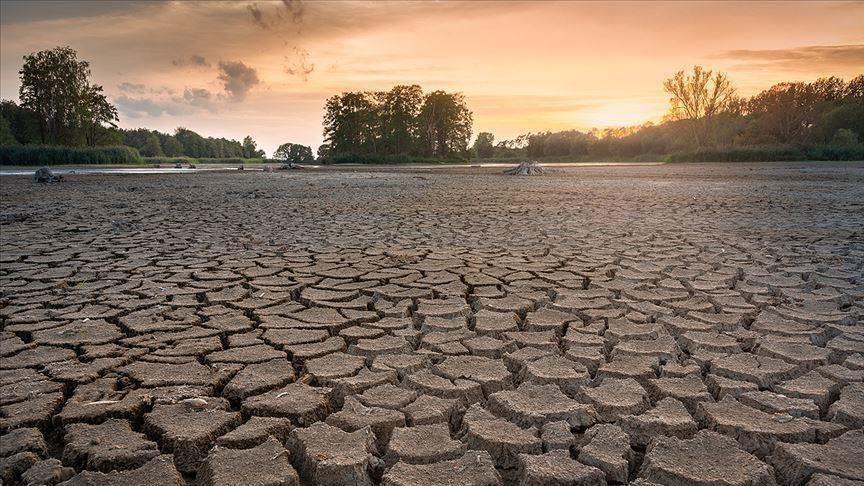The US and Bangladesh have eyed the ongoing cooperation to deal with the climate crisis the world has been facing, including the vulnerable people in Bangladesh.
The observation came at a meeting between US Secretary of State Antony Blinken and Bangladesh Foreign Minister AK Abdul Momen was held at the US Department of State in Washington, DC on Monday.
During the meeting, they discussed bilateral ties and issues of mutual interest, including the climate change, resolution of the Rohingya crisis, strengthening the economic partnership, labor rights, civil liberty, and elections, according to a statement by the Bangladesh Foreign Ministry on Tuesday.
Bangladesh is affected by climate change and it is the seventh-most climate change-vulnerable country, according to the UN’s Global Climate Risk Index 2021.
Climate change cost the country 1% of its GDP every year, the Bangladesh Foreign Ministry said.
By 2050, rising sea levels may submerge some 17% of Bangladesh’s coastal lands and displace about 20 million people, it noted in an earlier statement, citing the study.
“It is an important fact that the relation between Bangladesh and the US has grown tremendously over the last 50 years –economically, our people-to-people ties, work we’ve been doing more recently on everything from climate to health, we very much value … and the generosity Bangladesh showed to 1 million Rohingya,” Blinken said, in his initial remarks in presence of the media.
Assuring Bangladesh of the US’ continued support for the repatriation of the Rohingya to Myanmar, Blinken observed that there is no safe environment yet for the Rohingya repatriation in Myanmar, Momen told reporters, quoting Blinken as saying.
More than 1.2 million forcibly displaced Rohingya Muslims in Myanmar have been housed in 33 congested refugee camps in Cox’s Bazar, and some 30,000 in Bhasan Char camps, a silt island in the Bay of Bengal. Most refugees had fled a brutal military crackdown in Rakhine State in the Buddhist-majority Southeast Asian nation.
The US also asked Bangladesh to allow the refugees to engage in economic activities and employment, the statement noted.
Momen, in response, said: “We have arranged some (economic activities) for them but we have 2 million fresh manpower to join the job market and we could not provide jobs to all of them, while some 500,000 of them have become migrant workers to find jobs. So, we could not arrange jobs for all Rohingya.’
He stressed the need for sustained international pressure on Myanmar to take back Rohingya as repatriation is the main priority of Bangladesh.
Quoting Blinken, Momen also said that if the repatriation process starts, things would be improved with the help of the US, the UN, and the global community.

